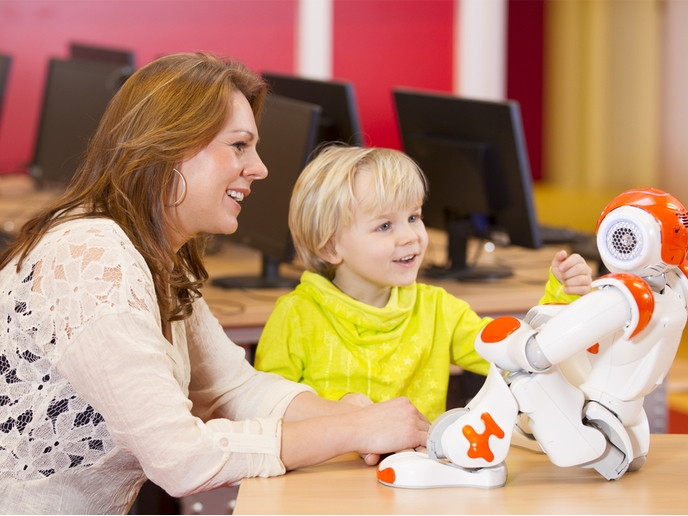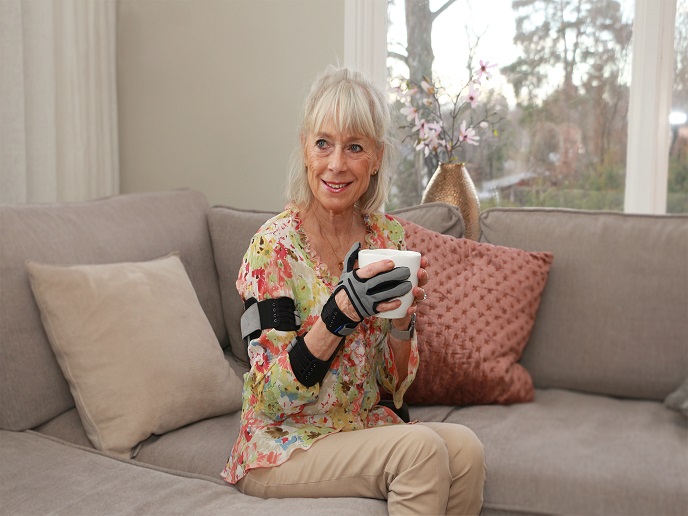Autonomy for disabled persons
We live in an era where technological advancements such as computers PC hardware and software as well as telecommunication facilities and services offer the background for product development and service provision that allow the disabled and elderly people the means to lead an independent and self-determined life through improving the control they have over their environment. Multimedia applications, tele-assistance applications and rehabilitation technology provide these individuals with the means to cope with a variety of everyday challenges. A Research team in the University of Vienna, within the RESORT project, developed a software program aimed at assisting the disabled, to communicate and to control their environment more effectively. The so-called AUTONOMY program is in fact a combination of two systems: an Environmental Control System (ECS) and an Augmentative and Alternative Communication (AAC) system. The ECS establishes a custom tailored interface between the user's residual abilities and their physical environment by providing the possibility to operate and control remotely a number of electrical appliances, communication devices, doors and windows. AAC is a communication aid that facilitates interpersonal communication as well as telecommunication for persons who are not able to communicate in the usual manner. The program can also be remotely controlled by a service provider (technician, therapist and other experts), establishing a telematic link between the user and the care provider on the one side and the service provider on the other. The link will not only provide video-telephony capabilities but also remote control and support of the user's PC. Autonomy is a highly modular system that operates on a common multimedia PC platform under the MS-Windows operation system. The system is the result of many years of research, tested extensively under real conditions and is commercially available.







